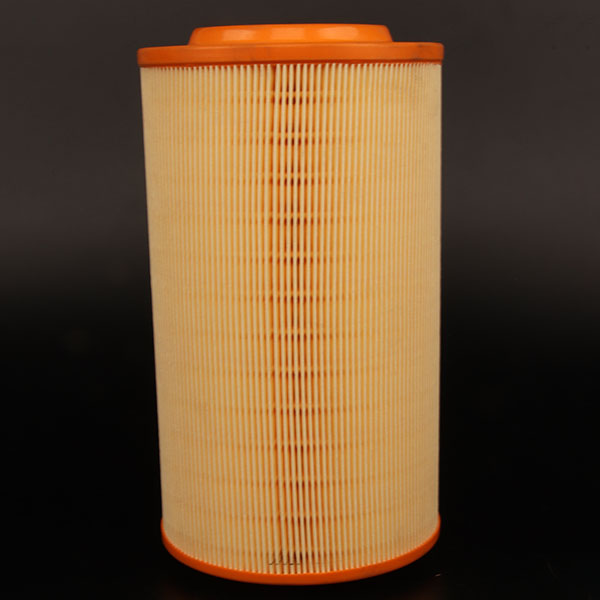Oct . 02, 2024 01:39 Back to list
Industrial Ceramic Filtration Solutions for Enhanced Water Purification and Treatment Applications
Industrial Ceramic Filters Revolutionizing Filtration Technology
In the realm of industrial filtration, the demand for efficient, reliable, and high-performance solutions continues to increase. One such solution that has gained considerable attention is the industrial ceramic filter. Renowned for their durability, effectiveness, and eco-friendliness, these filters are being embraced across various industries, including wastewater treatment, air purification, and food and beverage processing.
What Are Industrial Ceramic Filters?
Industrial ceramic filters are porous structures made from inorganic materials, primarily clay, alumina, and silica. Their design often includes intricate microstructures that allow for selective filtration while maintaining high resistance to thermal and chemical degradation. The unique properties of ceramics make them particularly suitable for harsh industrial environments, where other materials might fail due to corrosive substances or extreme temperatures.
Key Advantages
1. High Filtration Efficiency One of the standout features of ceramic filters is their ability to remove fine particulate matter, pathogens, and even certain chemicals from liquids and gases. The small pore sizes, typically ranging from 0.1 to 10 microns, facilitate the exceptional filtering capability that many industries require.
2. Durability and Longevity Ceramic materials exhibit superior resistance to wear and tear, enabling these filters to last significantly longer than traditional filters made from organic materials. This durability translates into reduced operational costs and less frequent replacement, benefiting companies both economically and logistically.
3. Chemical Resistance Industrial processes often involve aggressive chemicals that can corrode traditional filter materials. Ceramic filters, in contrast, can withstand exposure to acids, alkalis, and other harsh substances without deteriorating. This characteristic expands their applicability in diverse sectors, from petrochemicals to pharmaceuticals.
industrial ceramic filter

4. Low Energy Consumption Many industrial ceramic filters can operate effectively at lower pressure drops compared to conventional filters. This efficiency reduces energy consumption during filtration processes, aligning with the growing push for sustainable practices in industrial operations.
5. Reusability and Regeneration Unlike disposable filters, industrial ceramic filters can be cleaned and reused multiple times. They can be regenerated by simple methods such as backwashing or thermal regeneration, making them more environmentally friendly and cost-effective in the long run.
Applications Across Industries
Water Treatment In wastewater treatment plants, ceramic filters are utilized to remove suspended solids and ensure the purity of effluent discharges. Their ability to maintain effectiveness in varying flow rates and contaminant types makes them ideal for this application.
Food and Beverage Processing The food industry demands high levels of cleanliness and safety. Ceramic filters play a crucial role in ensuring that beverages and food products are free from harmful contaminants. They also help in achieving consistent quality in filtration processes, which is vital for maintaining consumer trust and regulatory compliance.
Air Purification With increasing concerns about air quality, ceramic filters designed for air applications are becoming more prevalent. They can effectively trap particulate matter and bio-contaminants, contributing to healthier indoor and outdoor environments.
Conclusion
As industries continue to evolve and face new challenges related to sustainability, efficiency, and safety, the role of industrial ceramic filters will become even more significant. Their unique properties not only enhance filtration processes but also pave the way for more environmentally sound practices. By investing in these advanced filtration solutions, industries can not only meet regulatory demands but also contribute to a cleaner, safer planet. As the technology and manufacturing processes for ceramic filters advance, one can only expect their usage to expand, marking a noteworthy turning point in the filtration landscape.
-
AI-Optimized Active Carbon Filter for Air Purifiers | 51 chars
NewsAug.02,2025
-
Premium Active Carbon Air Filter for Air Purifiers | Odor Removal
NewsAug.01,2025
-
Activated Carbon Air Filters: Ultimate Odor Removal for Purifiers
NewsJul.31,2025
-
PP Spun Filter Cartridge Making Machine for Efficient Filtration Solutions
NewsJul.29,2025
-
Active Carbon Air Filter for Air Purifier - Superior Odor & Pollutant Removal
NewsJul.29,2025
-
High Strength Orange PU Glue for Versatile Bonding Solutions
NewsJul.28,2025
